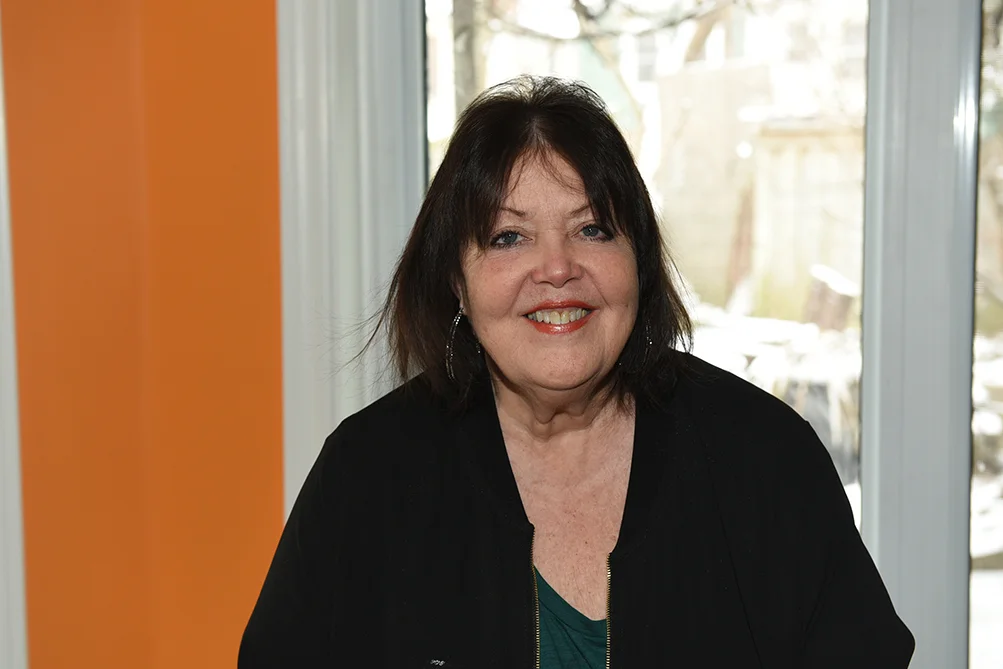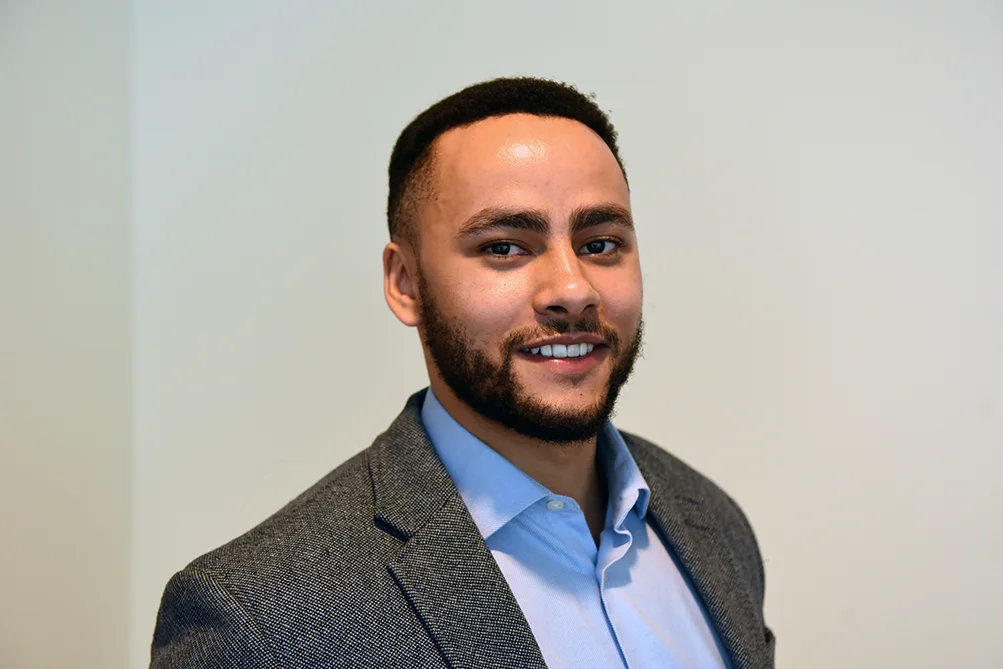New book tells of Jews who found refuge in Jamaica
March 11, 2017
At age six, Diana Cooper-Clark was already a voracious reader.
Running out of books to devour, she randomly grabbed one from her father’s bookshelf and went outside to their Swallowfield Ave. yard in St. Andrew, Jamaica to read under the lignum vitae tree.
The book was about Adolf Eichmann, the German Nazi lieutenant colonel and one of the Holocaust’s chief organizers. He was responsible for keeping the trains rolling from all over Europe to death camps during the Final Solution which was a Nazi plan for the extermination of Jews during World War II.
“I assumed I didn’t get everything then because I was very young, but what I got changed my life forever,” said Cooper-Clark who came to Canada at age eight with her family and has been a York University lecturer for the last 47 years. “Even though I didn’t have the language at the time, I basically swore that day to bear witness about the holocaust for the rest of my life which I have done. I wanted a lifetime of answering questions I had that day in my little six-year-old mind of how this could happen and why it happened.”
Researching Jews who sought refuge in Jamaica’s Gibraltar Camp after reading an article 23 years ago referencing the subject has led to Cooper-Clark’s ground-breaking book, ‘Dreams of Re-Creation in Jamaica: The Holocaust, Internment, Jewish Refugees in Gibraltar Camp, Jamaican Jews and Sephardim’, that will be released next month.
Located near the Mona Rehabilitation Centre and a section of the University of the West Indies Mona Campus, Gibraltar was an internment camp for mainly refugees from the British Overseas Territory fearing a German attack during World War II.
Intended to accommodate up to 6,000 people, only 1,800 showed up from Gibraltar.
When the Jewish community heard about the camp’s extra capacity, they lobbied the British to let in Jewish refugees from Europe. About 300 Polish Jews and 500 Dutch Jews were housed in Gibraltar camp between 1942 and 1944.
Cooper-Clark’s research was long, tedious and lasted several decades.
“When I was growing up, there wasn’t a lot of information about the holocaust,” she said. “Survivors were not talking or publishing their memoirs. More has been done in Europe, but translations took a long time. Anything I could get my hands on, I did. It was ongoing research for me all my life.”
In 1994, Cooper-Clark stumbled upon an article by holocaust scholar Paul Bartrop who is the Florida Gulf Coast University Centre for Judaic, Holocaust & Genocide Studies director.
“His article referred to Gibraltar Camp and that was the first time I had heard of it,” she said. “After reading it, I tried to find more information, but there was nothing.”
When Cooper-Clark found a self-published biography of a survivor residing in England, she immediately hopped on a plane to interview her.
“I had also come across an unpublished memoir of someone who had been put in nearby Up Park Camp which was originally a slave plantation,” she said. “Now I had two stories and I thought I had to find more people for a book. I also needed to look at the Jamaican Jewish community and what they were doing during the holocaust.”
To track down survivors, Cooper-Clark made several trips to archives in London and New York and the National Library of Jamaica.
“At the Colonial & Foreign Office Archives in England, I found a passenger list for the first boat and another boat of Dutch refugees that came a year later,” she noted. “I excluded parents because they would have been deceased by the late 1990s and early 2000s. I didn’t go for girls because I thought most of them would be married and carrying different names. I targeted the sons and asked myself where they would settle after leaving Jamaica. The answer was sort of obvious. It would either be Canada or the United States. In Toronto, I got a phone book and started looking to see if I could find some names and I did.”
While delivering a lecture on Gibraltar Camp at a Toronto synagogue, an elderly man stood up during the question and answer period and said he was there. She also heard from others through letters.
Cooper-Clark interviewed 18 survivors for her book that contains 105 photographs, the majority of them the property of survivors that had never been published or archived.
“This publication is going to be very important for other scholars who want to explore more because there is plenty to talk about,” she said. “My book looks at the marginalization of Caribbean Jews in the holocaust narrative.”
Last November, Cooper-Clark took a Jewish survivor and others family members on a five-day trip to Jamaica.
“Four survivors expressed a desire to come, but their advanced age and health problems prevented three of them from making the historic trip,” she said.
Schpektor Baker, who is 86 and resides in California, was 11 years old when she arrived at Gibraltar Camp from Spain.
Accompanied by her two sons, Baker visited her alma mater – St. Andrew High School for Girls which celebrated its 90th anniversary two years ago – where she was reunited with two of her classmates and the Orange St. Jewish cemetery that holds the remains of refugees who died of natural causes.
“It was a trip of a lifetime,” said Cooper-Clark who secured a grant for the trip from York University Faculty of Arts & Professional Studies. “While the visitors took care of their airfares and hotel accommodation, the Courtleigh Hotel & Suites provided a massive discount and Island Car Rentals offered a bus and driver free of cost for the five days that we were there.”
When Cooper-Clark joined York University nearly five decades ago, university curriculums didn’t have units on the holocaust.
“There was no such thing as holocaust studies,” she recalled. “It was not until the 1980s that memoirs emerged and more talk surfaced around the topic. At universities now, there are holocaust and Jewish studies programs. The first time I was given the opportunity to teach a humanities course at York, I looked at the syllabi of people who taught the course before me and not one of them had anything on the holocaust. I changed that immediately. I put in a unit and started to bring in survivors. That was hugely important.”






